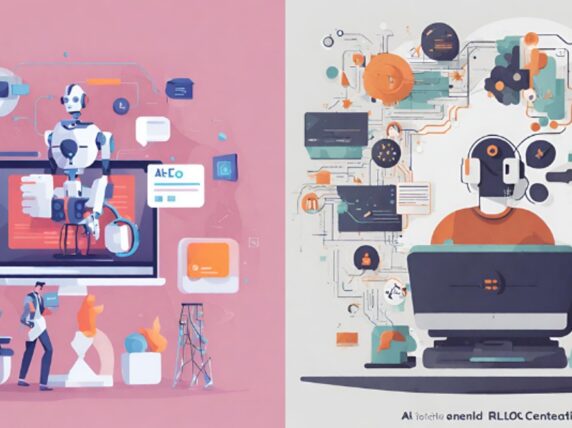4 ways blockchain is being used in international development
We keep hearing about the revolutionary potential of blockchain and how it will shake up different fields, but the technology is already being used by the international development sector.
Blockchain technology is a decentralised digital ledger that enables the secure transfer of data, transactions and records. These data “blocks” (records of transactions or pieces of information) cannot be reversed or modified, meaning that all transactions are transparent and accountable within the network.
Here are four very different ways that organisations are using this revolutionary technology to support the communities they work with overseas.
Helping refugees purchase products using eye-scanners
The UN’s World Food Programme and the UN innovation lab have developed a blockchain system in the Azraq Refugee camp in Jordan. The Building Blocks programme uses the biometric registration data of refugees so that they can purchase products in the camp’s supermarkets using an iris scan payments system instead of vouchers or cash.
Since 2016 the programme has been used by more than 10,000 Syrian refugees. It has also improved the shopping experience for residents and has helped the WFP improve how they account fot transactions.
Transferring funds and saving money
Positive Women, an organisation that works with women and children in Swaziland, has partnered with fund management system Disberse to transfer funds from the UK to Swazi schools via blockchain technology. Blockchain ensures the transactions are secure and funds are used for their intended purposes. The money saved on foreign exchange fees has funded three additional Swazi students’ tuition fees for a year.
Subscribe to our newsletter
Our weekly email newsletter, Network News, is an indispensable weekly digest of the latest updates on funding, jobs, resources, news and learning opportunities in the international development sector.
Get Network NewsEarlier this year, Disberse announced that it was partnering with the Start Network to use blockchain as a way of delivering humanitarian finance.
Making supply chains transparent
Bext360 is using blockchain technology in the coffee industry to allow buyers to track the origin of their coffee by engaging more closely with the bean producers. The project is also using blockchain to develop supply chain verification, which will be used to manage payments and to transfer digital cash between the local producer cooperatives and the consumer. This new form of agriculture supply chain is planning to launch in the Democratic Republic of Congo and Colombia.
The Dutch organisation Fairfood International is using the technology to follow the supply chain journey that Indonesian coconuts make to the shores of the Netherlands. The “coconut campaign” seeks to ensure that the coconut farmers are given a fair wage for their produce, and consumers purchasing coconuts via blockchain know where their purchase comes from.
Alternative forms of credit
A blockchain initiative that is in the early stages of development, Ekasi Bucks works with township businesses based in South Africa. Customers buy cryptocurrency – Ekasi Bucks – which is stored on mobile wallets. It uses a peer-to-peer payment system which is verified and secured over the Bitcoin blockchain. It aims to work with marginalised communities in the townships of South Africa to provide the large unbanked population access to control their money digitally. So far the programme has 4,000 merchants and 20,000 card users.
Category
News & ViewsThemes
Futures and innovation



